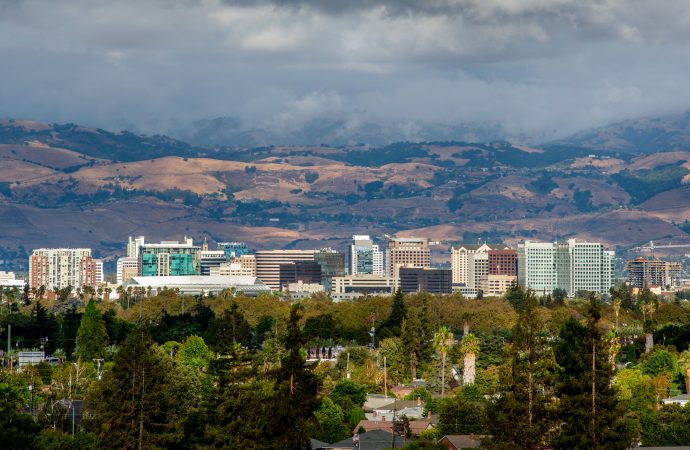Introduction The YIMBY movement, traditionally associated with residential development, is undergoing a transformation as it extends its advocacy to embrace commercial development. This exploration delves into the motivations driving this shift, the potential benefits it holds for communities, and the pivotal role of YIMBYism in shaping a vibrant and sustainable urban future. Motivations Behind the
Introduction
The YIMBY movement, traditionally associated with residential development, is undergoing a transformation as it extends its advocacy to embrace commercial development. This exploration delves into the motivations driving this shift, the potential benefits it holds for communities, and the pivotal role of YIMBYism in shaping a vibrant and sustainable urban future.
Motivations Behind the Shift
1. Holistic Urban Development:
Discover how the push towards commercial YIMBYism stems from a desire for more holistic urban development, recognizing the interconnectedness of residential and commercial spaces.
2. Economic Growth and Job Creation:
Explore the motivation to foster economic growth and job creation through the promotion of commercial developments, contributing to the overall prosperity of communities.
Potential Benefits for Communities
1. Increased Local Business Opportunities:
Assess how commercial YIMBYism can lead to increased opportunities for local businesses, promoting entrepreneurship and creating diverse commercial ecosystems.
2. Vibrant and Livable Urban Spaces:
Uncover the potential for more vibrant and livable urban spaces as commercial developments contribute to the creation of mixed-use neighborhoods, blending work, leisure, and residential spaces.

Image by: https://assets. bwbx .io
Role of YIMBYism in Commercial Development
1. Advocacy for Zoning Reforms:
Understand how YIMBY advocates can play a crucial role in pushing for zoning reforms that facilitate mixed-use development, allowing for a more dynamic and integrated urban fabric.
2. Community Engagement and Collaboration:
Explore the importance of community engagement and collaboration in the commercial YIMBY movement, ensuring that the development aligns with the needs and aspirations of local residents.
Comparative Overview: YIMBY Movements Across Cities
| City | YIMBY Movement Focus | Impact on Urban Development |
|---|---|---|
| San Francisco | Emphasis on residential density | Addressing housing affordability challenges |
| Toronto | Advocacy for transit-oriented development | Shaping urban landscapes around efficient public transportation |
| Melbourne | Push for diverse and mixed-use spaces | Contributing to a vibrant and culturally rich urban environment |
Case Studies: Successful Commercial YIMBY Projects
1. The High Line, New York City:
Explore how the High Line, a repurposed elevated railway, became a successful commercial YIMBY project, transforming a disused space into a thriving urban park and commercial hub.
2. King’s Cross, London:
Discover the redevelopment of King’s Cross in London, where YIMBY principles played a role in creating a vibrant mixed-use neighborhood, blending residential, commercial, and cultural spaces.
Overcoming Challenges and Opposition
1. Addressing Concerns About Gentrification:
Acknowledge and address concerns about gentrification that may arise with commercial YIMBY projects, emphasizing inclusive development that benefits existing communities.
2. Balancing Growth with Preservation:
Highlight the importance of balancing growth with the preservation of historical and cultural elements, ensuring that commercial development enhances the identity of a place rather than erasing it.
Future Vision for Urban Development
1. Sustainable and Inclusive Cities:
Envision a future where commercial YIMBYism contributes to the creation of sustainable and inclusive cities, where economic growth is balanced with social equity and environmental considerations.
2. Community-Driven Development:
Anticipate a paradigm shift towards more community-driven development, where the YIMBY movement plays a pivotal role in shaping urban spaces that reflect the aspirations and values of the people who inhabit them.
Conclusion
As the YIMBY movement expands its focus to include commercial development, the potential for transformative change in urban landscapes becomes apparent. By embracing a holistic vision of urban development, YIMBY advocates can contribute to the creation of more vibrant, economically robust, and livable communities. Stay tuned for updates on the progress of commercial YIMBYism and its impact on the evolving narrative of urban development.

















Leave a Comment
Your email address will not be published. Required fields are marked with *